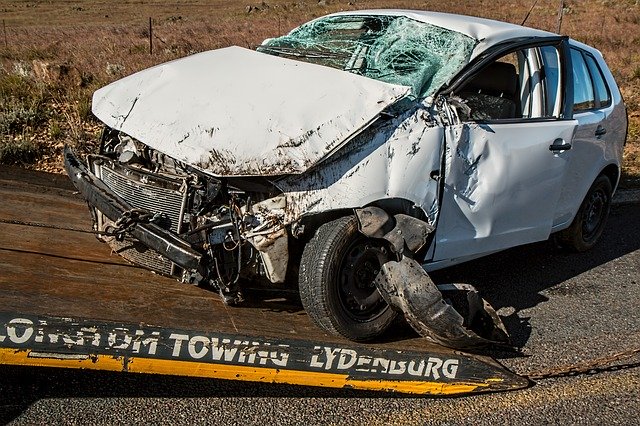7 Important Tips on How to Avoid Car Crashes
Most people use vehicles to get from point A to point B. This means many are at risk of road crashes. According to the National Safety Council, in the US, there is a 1 in 114 chances of dying in a motor vehicle crash. That is a frightening number considering how frequent people travel on roads. Although things look bad, don’t worry. There are still a lot of ways you can avoid car crashes:
1. Follow the Road Rules and Regulations
This should be a no-brainer but you’d be surprised. There is a reason laws are made, and most of the time they are there to keep people safe. Wear your seat belt. Don’t run a red light. Slow down in blind corners. These rules are pretty straightforward and you don’t need a lot of imagination to figure out what can go wrong if you don’t follow them.
2. Maintain Your Vehicle
Keep your car in top condition. A poorly maintained car can cost you more than just money in the long run. Don’t miss your appointments with the mechanic, particularly if you feel something off with your vehicle. An inconvenient two days is worth more than peace of mind.
Also, find time to learn to at least change your own tires. This knowledge is relatively easy to acquire and can help you in some pretty dire situations.
3. Avoid Distractions
Despite how difficult or easy driving is for you, never try to do anything else that can take your attention away. A five-second distraction at 55 mph is like driving blind through an entire football field.
4. Condition Yourself
Driving under the influence of drugs or alcohol is one of the most irresponsible things a driver can do. According to the Centers for Disease Control and Prevention, in 2016, 28 percent of all traffic-related deaths happened in alcohol-impaired driving crashes. If you absolutely have to be on the road, make sure someone sober is driving.
A sleepy or sick driver can be just as bad. As long as your reflexes are slowed and your judgment is impaired, driving is not a good idea. Rest until your condition improves before risking a drive. You owe it to yourself and everyone else on the road.
5. Consider Using a Telematics Device
Automobiles and driving have also entered the information age. Although the world is still some ways away from purely self-driven car roads, there are some gadgets you can use now. When installed in your car, a telematics device can gather useful information about your driving. This information can be used by your insurer. You can also use this data to find out how you can improve your driving practices.
6. Study your Coverage
Learn your policy well and clarify points that confuse you, even before you encounter crashes. This will help inform you and maintain a line of communication between you and your insurer. If you do get into a crash, you may also want to work with a car accident attorney.
7. Drive Defensively
Being careful is one thing. Anticipating how not-so-careful others can be is another thing entirely. Giving yourself enough space when you drive will give you enough time to react to however a situation plays out. Following the three-second space test will be a guide for you to maintain some distance between the car in front of you and yourself.

